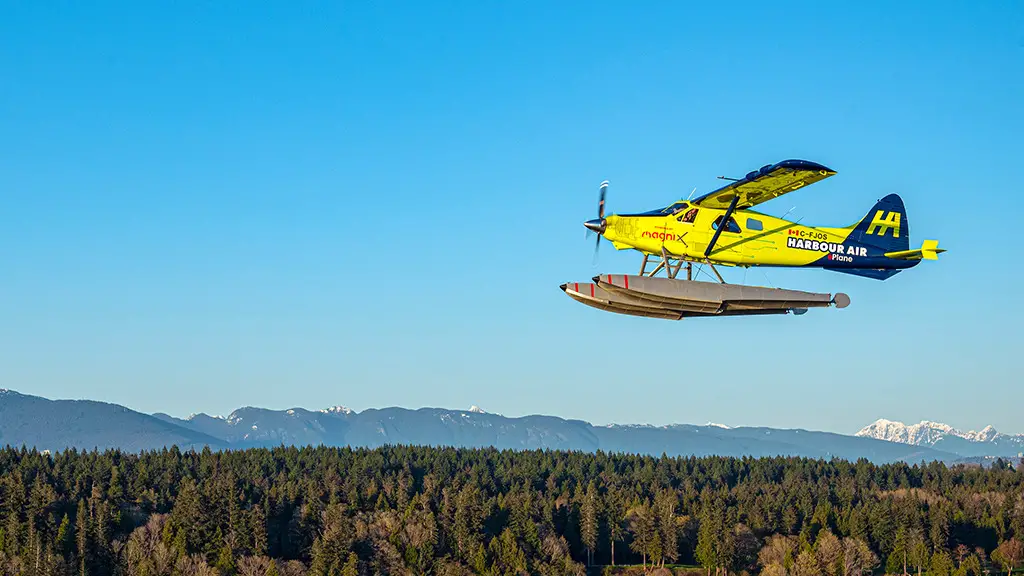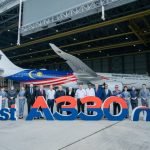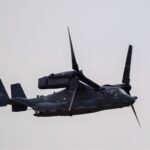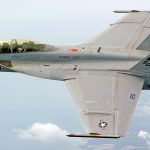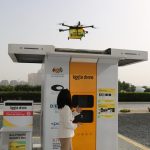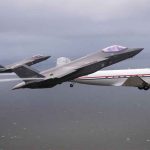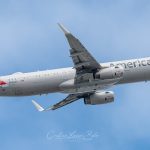Canadian carrier Harbour Air Seaplanes, which operates a fleet of seaplanes and offers services in British Columbia and Seattle, successfully completed its first all-electric, point-to-point test flight.
Company’s ePlane, a de Havilland Canada DHC-2 Beaver retrofitted in 2019 to operate entirely powered by electric sources, covered a distance of 45 miles (72 kilometres) in 24 minutes. The flight marked a new milestone on the road to the commercialisation of scheduled electric flights.
The aircraft took off from the Fraser River terminal near Vancouver International Airport (YVR) at 8:12 local time. It landed in Pat Bay, near Victoria International Airport (YYJ), which serves British Columbia’s capital city, at 8:36.
The aircraft remained in Victoria to support Harbour Air’s partnership with the British Columbia Aviation Museum, which hosted an Open House on Saturday, August 20th. It then returned to the company’s aeronautical maintenance facility in Vancouver.
«I am excited to report that this historic flight on the ePlane went exactly as planned», said Kory Paul, Harbour Air’s Vice President of Flight Operations and one of the company’s test pilots. «Our team, as well as the team at magniX and Transport Canada, are always closely monitoring the aircraft’s performance», he added. Finally, he said the operation demonstrated the «safety and reliability» of the project.
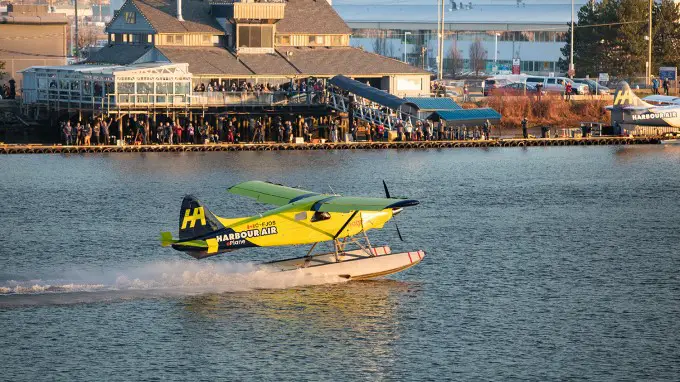
Road to electrification
In early 2019, Harbour Air entered into a new partnership with magniX, a Washington state-based company that develops and manufactures electric aircraft engines. The stated goal of the two was to realise the world’s first commercial airline to operate fuel-free flights.
In less than ten months, the technical team assigned to the project converted the original de Havilland Canada DHC-2 Beaver powerplant into a 750-horsepower all-electric engine. On December 10th of that same year, the ePlane took off for the first time powered by electric sources.
The aircraft is now going through the certification process with Canadian and American regulatory authorities. The company said that, if on schedule, it could begin operations in 2023.
Harbour Air’s operation characteristics could mean it is well positioned to lead the transition to electric air services. The size of the aircraft in its fleet and the short average duration of its routes (many of which are less than half an hour) facilitate the implementation of currently available technologies for the electrification of air vehicles.
See also: Bristow signs order for up to 55 ALIA-250 eVTOL, developed by BETA Technologies

